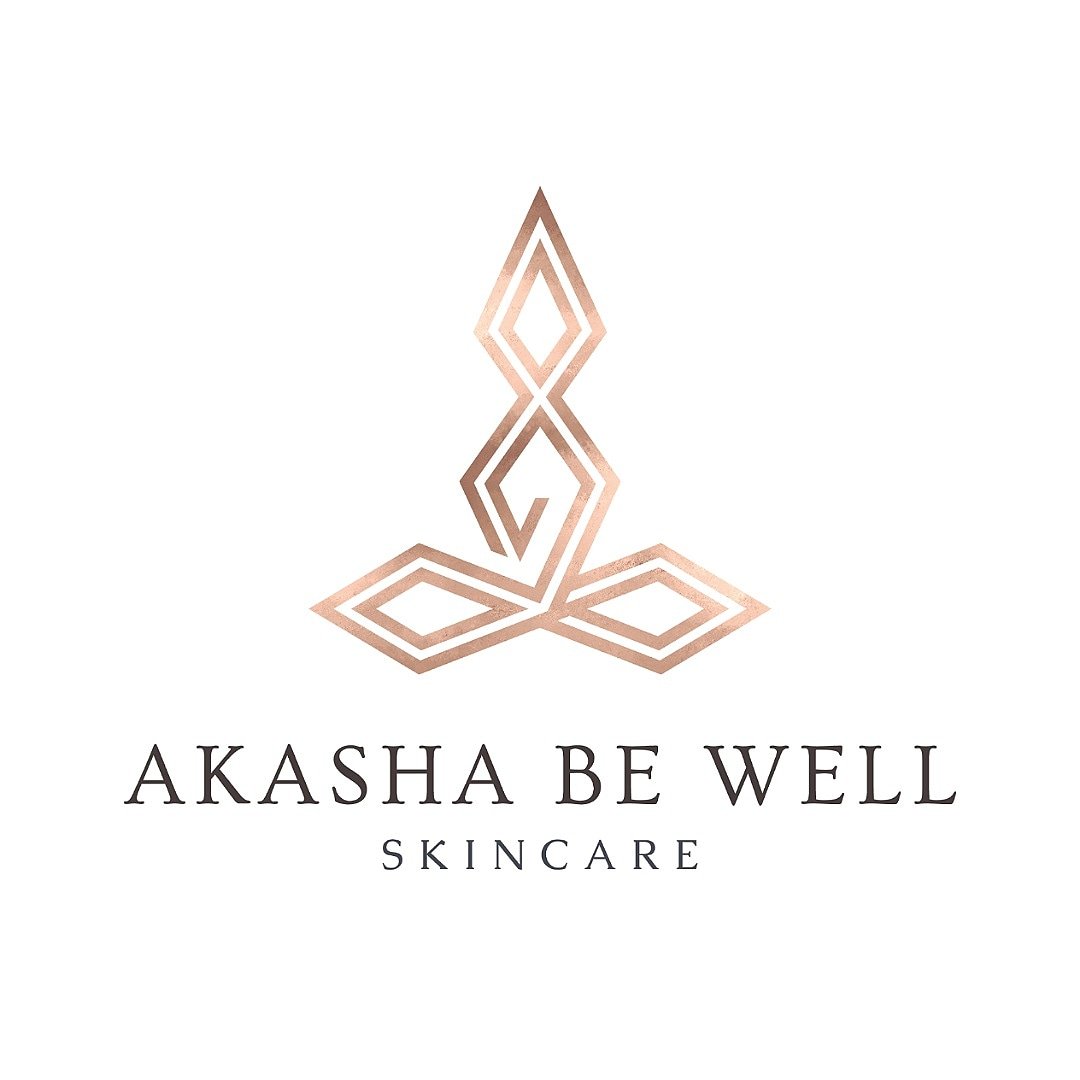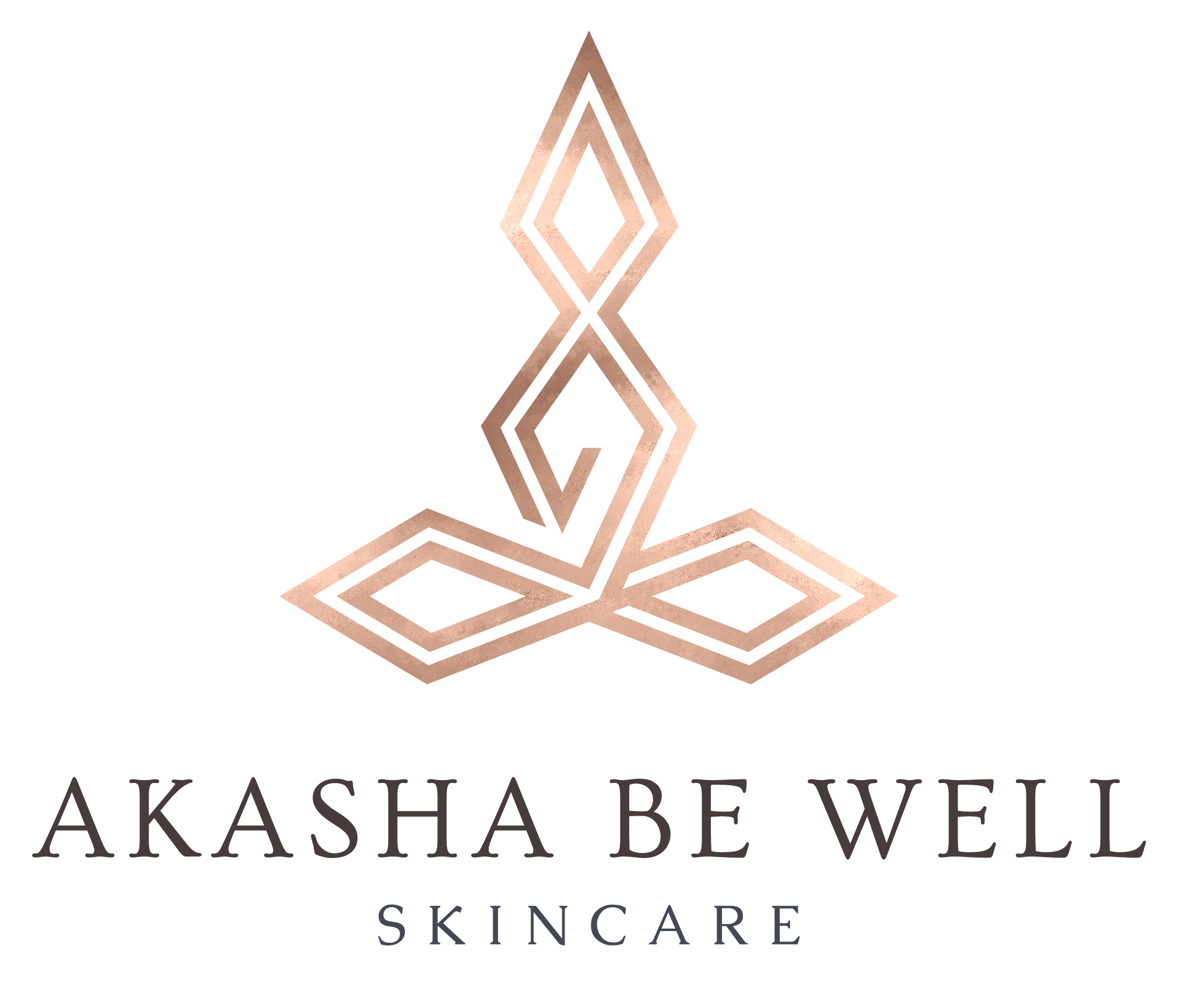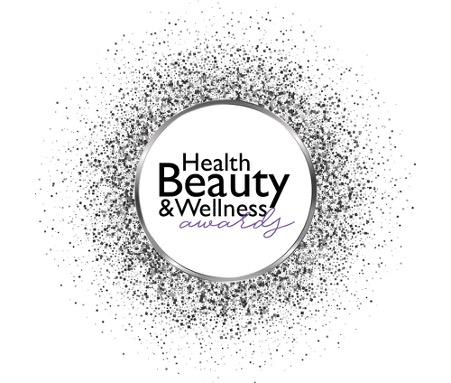
Stress and Your Skin
If you've ever had a pimple or a cold sore show up right before a job interview or a big date, you already know how stress can affect your skin. After all, the signs of stress can be physical as well as mental, and they can appear anywhere on your body.
Many skin conditions are the result of chemical and hormonal changes caused by stress. These can include rashes, hives, and pimples. For example, your body produces more cortisol when you're tense, which can make your skin oilier and acne prone.
While stress is an unavoidable part of life, you may be able to reduce the impact it has on your health and wellness.
Try these tips for treating and preventing stress-related skin symptoms:
Treating Stress-Related Skin Symptoms
- Understand the interactions. Stress can be the direct cause of what’s going on with your skin. It can also slow down healing regardless of what caused your symptoms. Plus, skin troubles can cause more stress, creating an unfortunate cycle.
- Gently cleanse. Scrubbing too hard can cause damaged skin. Wash gently and be sure to select products for your skin type. For oily and sensitive skin, we recommend
- Relieve itching. Resist the urge to scratch. Keeping your hands off your face helps to prevent scarring and reduces the risk of spreading any infection. Antihistamines and cold compresses are safer ways to soothe itching and burning.
- Talk with your doctor. If your symptoms don’t clear up within a few days, call your doctor for an appointment. So you can rule out potentially serious causes like allergies.
- See a specialist. If your doctor is unable to eliminate your symptoms with treatments such as antibiotics and prescription antihistamines, they may refer you to a dermatologist who can provide further tests and treatments.
- Take your time. Skin conditions often need more time to fully heal. Follow your doctor’s recommendations and continue taking medication as prescribed even if you think your skin looks and feels better.
Preventing Stress-Related Skin Symptoms
- Exercise regularly. There are many ways to deal with stress constructively and physical activity is a great option. Plan workouts you’ll look forward to like yoga, dance classes, or playing a sport.
- Sleep well. Proper rest is essential. Aim for at least 7 hours of sleep each night. Go to bed and rise on a consistent schedule.
- Eat a balanced diet. Your skin needs nourishment just like the rest of your body. Avoid crash diets and too much processed food. Consume at least 7 servings of vegetable and fruits a day along with adequate protein and healthy fats.
- Talk it out. It helps to have someone you can confide in. Call a friend when you need validation and support. Consider seeing a therapist if you think it would help you deal with recurring issues.
- Limit alcohol and caffeine. Cocktails and fancy coffee drinks can be tempting when you’re under pressure. Unfortunately, alcohol and caffeine can also aggravate skin conditions. Drink in moderation or substitute water and herbal teas instead.
- Practice relaxation techniques. Experiment with methods that encourage refreshment and recovery until you find what works for you. You might want to start a daily meditation practice or take a warm bath when you return home from work.
- Keep a journal. Writing about your feelings may also be useful. A journal can help you to track how your emotions may be affecting your skin.
Long days and don’t have to take a toll on your epidermis. Protect your skin with regular maintenance, appropriate medical care, and a healthy dose of stress management.




Leave a comment
This site is protected by hCaptcha and the hCaptcha Privacy Policy and Terms of Service apply.